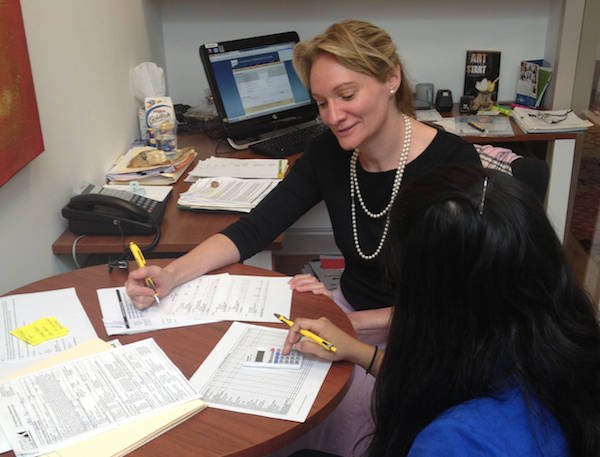In a no-surprises review, economists at the University of Connecticut predict the state”™s economy will continue to recover at a sluggish pace.
In a quarterly report produced by the Connecticut Center for Economic Analysis (CCEA), economists forecast continued but slow growth. However, that growth could be impeded by national and state politics, the authors warned.
In the housing market, housing permits continue to be a positive sign of growth. Year over year, the number of residential housing permits increased nearly 70 percent in 2012 and the value of those permits increased 57 percent, according to the report. Researchers cautioned that the state still has a long way to go before declaring a full recovery. The 5,200 permits issued in 2012 is still well below previous spikes in the number of permits, with some years having more than 12,000 permits.
Assuming banks continue low-prime interest rates, researchers predict strong growth in the state”™s economic output through the end of 2014, largely based on a growth in personal incomes. With the current bank rate, researchers say the gross state product should increase by roughly $30 billion. By some models, they also predict a growth in employment of up to nearly 40,000 full-time employees.
Yet all of this hinges on national and state politics, said Fred Carstensen, CCEA director.
“Connecticut is way behind on infrastructure investments and we”™re not making the strategic investments we need to be competitive,” Carstensen said.
Reconstruction in the aftermath of Hurricane Sandy is expected to impact the gross state product by $2.9 billion this year. However, a devastating hurricane shouldn”™t be what”™s driving investments, Carstensen said.
Commenting on the recently passed state budget, Carstensen emphasized the role spending plays in a down economy. Any budget cuts mean fewer jobs and a rippling effect on the economy, he said.
According to the outlook report, if the governor had resorted to only budget cuts to balance the budget, about 32,400 jobs would have been eliminated by 2016.
Overall, Carstensen said he was also disappointed to see the continued use of short-term solutions and a lack of comprehensive analysis to solve the state”™s fiscal problems. When the next budget is proposed, the same fiscal problems will be there, he said.
“They keep dealing with everything on a short-term basis,” Carstensen said. “This year there wasn”™t enough time to look at the implications of reforming sales tax and other (initiatives) ”¦ but where is the effort to put into place the kind of analysis we need going forward?”
“Bottom line, the state isn”™t doing the kind of comprehensive analysis it needs to be doing on a regular basis,” he said.
Though authors of the report don”™t necessarily recommend raising taxes and user fees, they do contend they are permanent solutions to helping the government avoid falling back into deficit.
“They”™re hatching together a proposed budget that, at the end of the day, is not going to address any of the fundamental problems at hand,” Carstensen said.




















